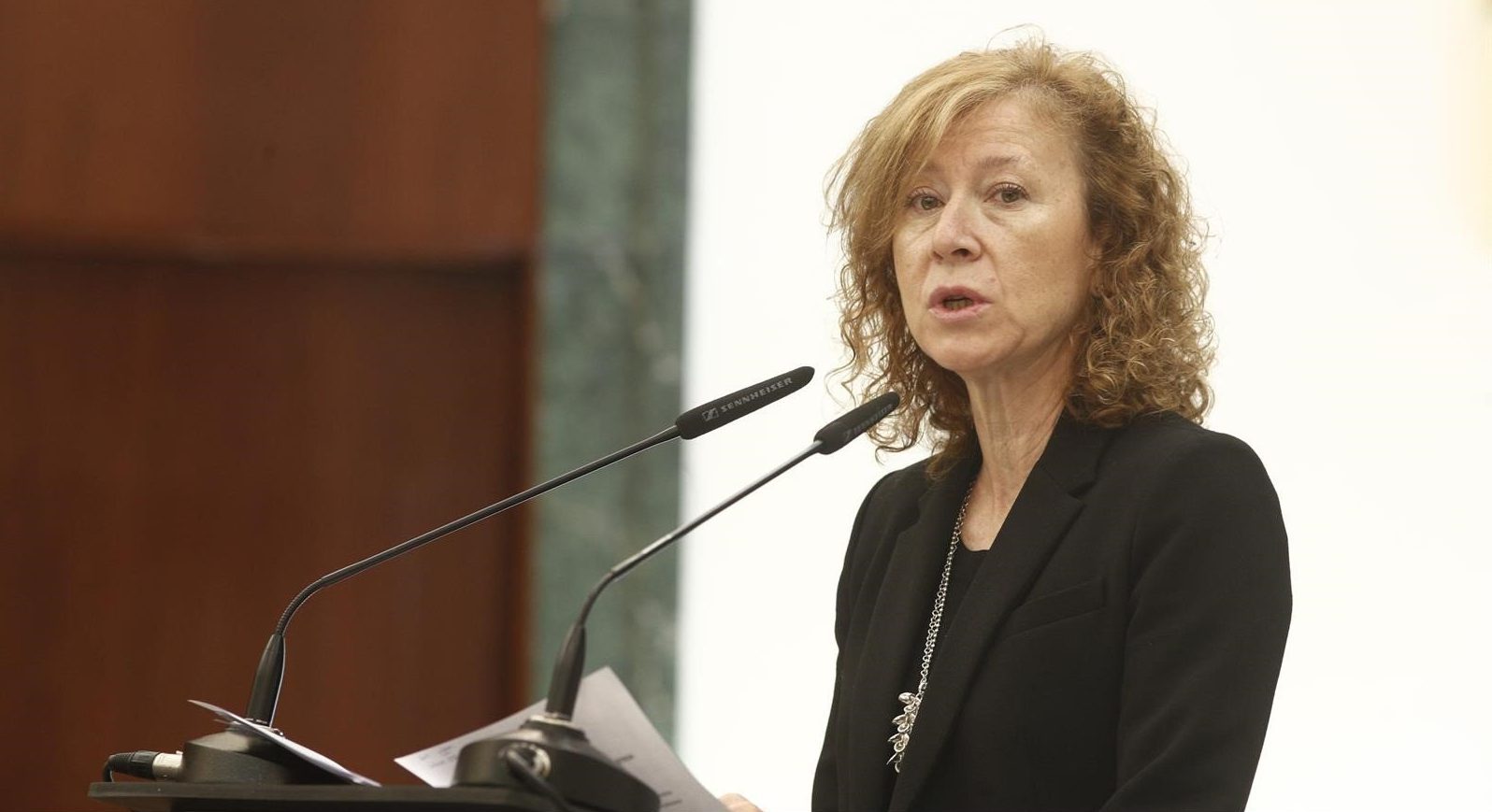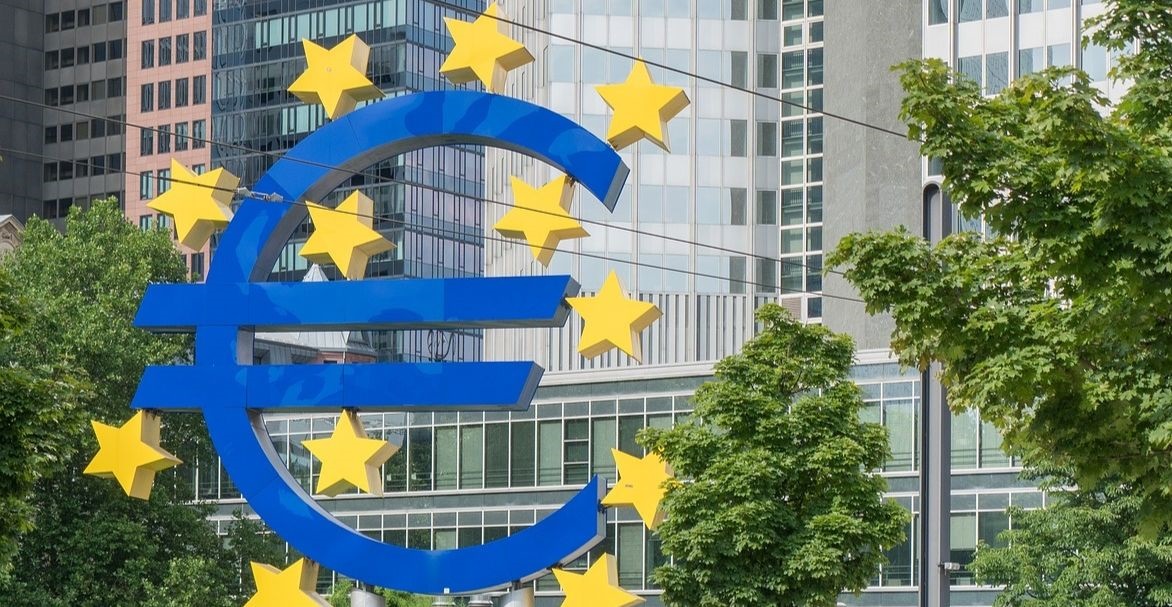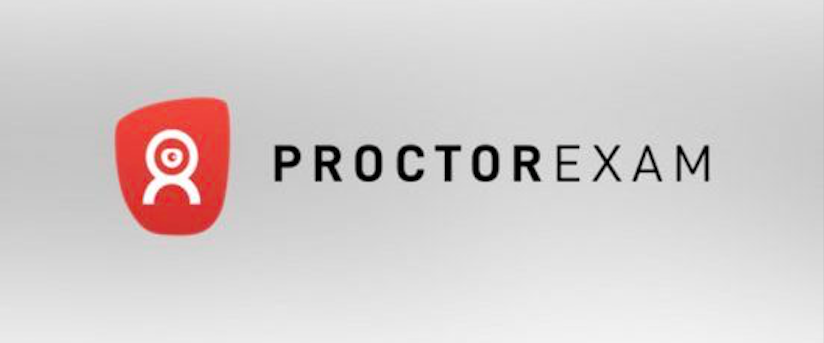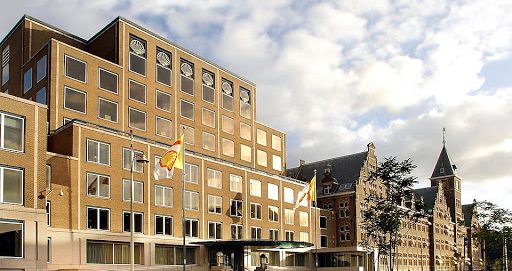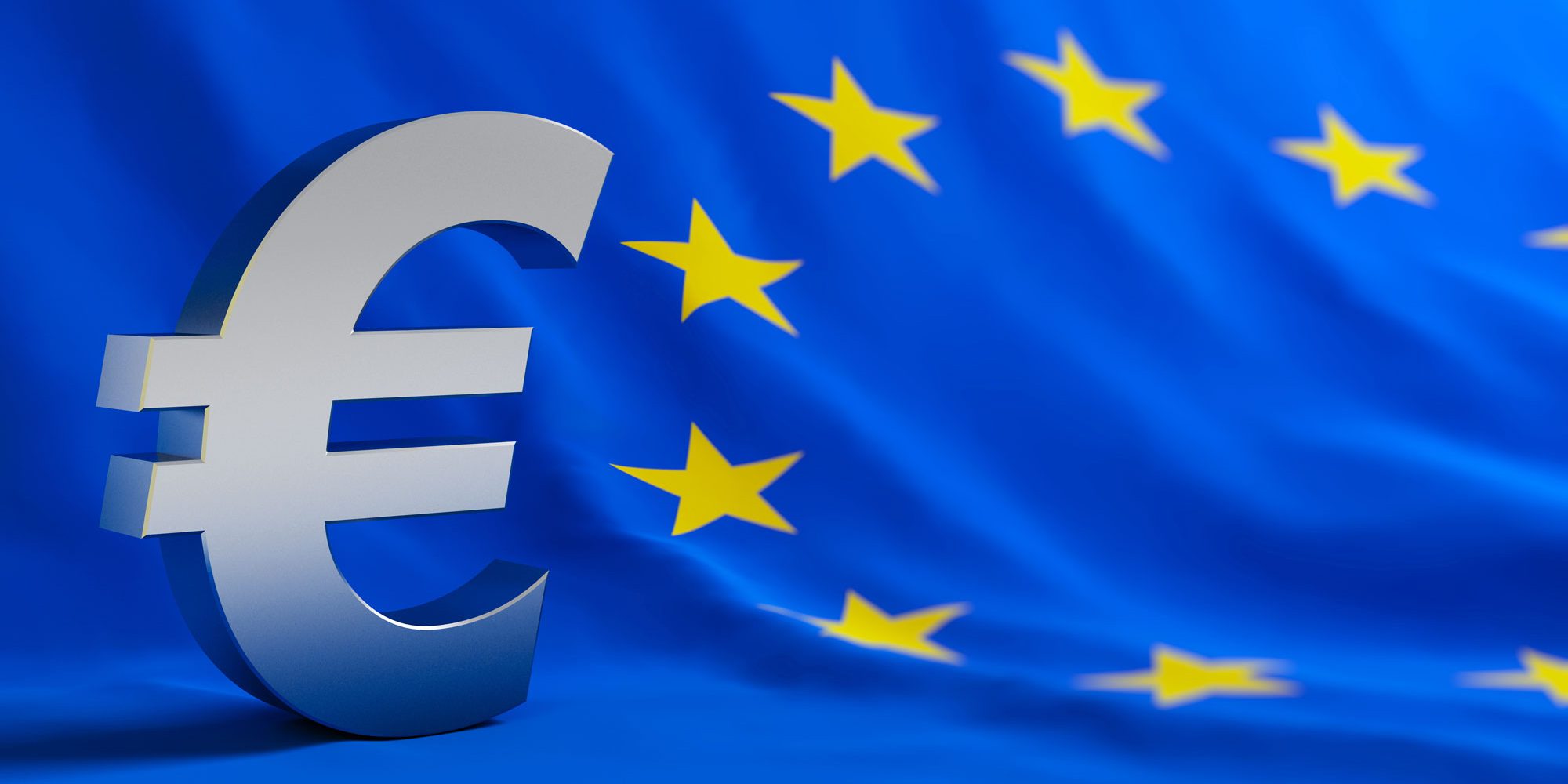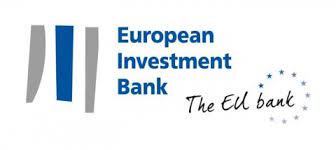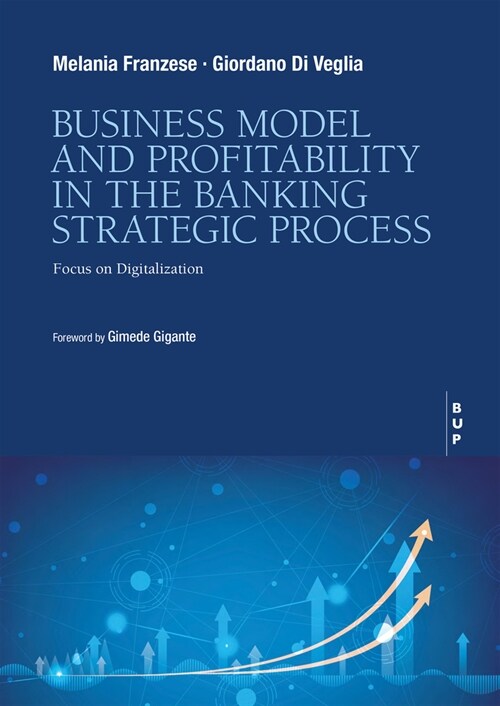The Financial Stability Board (FSB) recently published a public consultation on global targets for addressing the four challenges of cross-border payments. The quantitative targets proposed are a foundational step in the G20 Roadmap for Enhancing Cross-border Payments, which was endorsed by G20 Leaders in November 2020. The proposed targets set goals for improving cost, speed, transparency and access for cross-border payments in the coming years through the actions taken under the Roadmap. They will play an important role in defining the ambition of the work and creating accountability. They are intended to provide a common vision for the improvements that are being sought in cross-border payments services through the collaborative work of the private and public sectors. These targets are being set in an inclusive manner, including through this public consultation. Continue reading…
Gone are the days when organisations could simply promise a speak up culture. Today, fostering a culture of trust, integrity, and a positive work environment…
Download whitepaper
